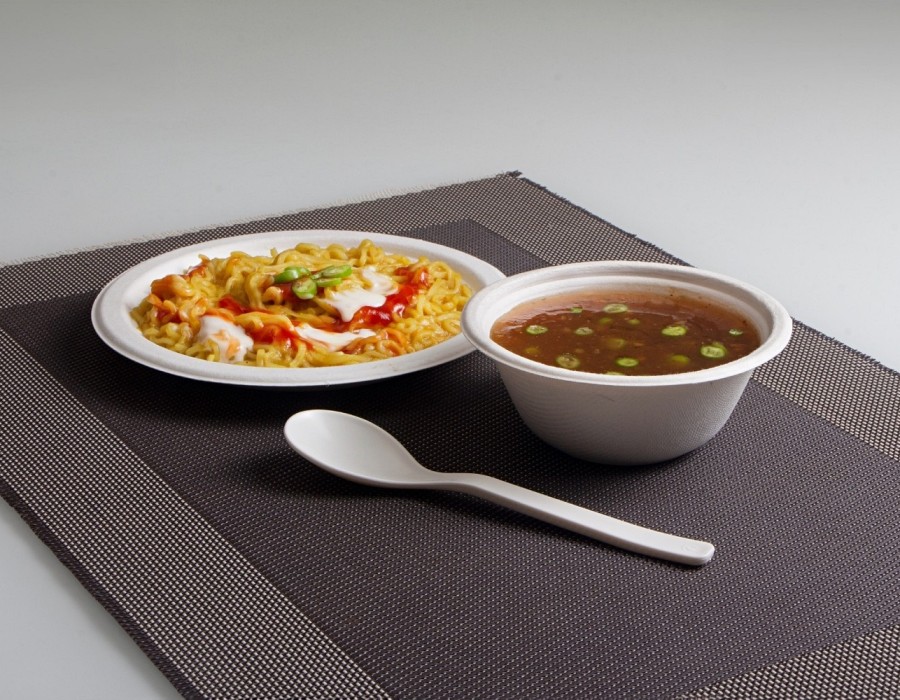Introduction
As the world moves toward more sustainable practices, the event and catering industries are increasingly embracing the concept of zero-waste. With a growing number of eco-conscious clients and attendees, choosing environmentally responsible alternatives is essential for organizers. Bagasse bowls, made from sugarcane byproducts, are proving to be a key solution in this shift toward zero-waste events and catering. Their biodegradability, practicality, and aesthetic appeal make them the perfect choice for caterers aiming to reduce their environmental impact.
A Sustainable Alternative to Plastic and Paper
One of the main reasons bagasse bowls are ideal for zero-waste events is their compostable nature. Unlike traditional plastic or even paper bowls, which may take years to degrade or involve harmful chemicals, bagasse bowls break down naturally within weeks in composting environments. By switching to bagasse, event organizers can eliminate the need for single-use plastics, significantly cutting down on the waste that ends up in landfills. These bowls also contribute to the circular economy, utilizing agricultural waste to create useful, sustainable products.
Practical Benefits for Catering
Beyond their eco-friendliness, bagasse bowls are highly functional for catering. They are strong, durable, and resistant to heat and moisture, making them suitable for a wide variety of foods, including soups, salads, and hot dishes. Catering services can confidently use these bowls without worrying about leaks or structural breakdowns, ensuring both convenience and performance.
Additionally, bagasse bowls offer versatility in terms of design, blending seamlessly into any event setting. Their natural, minimalist appearance complements both casual and upscale events, allowing caterers to provide an elegant yet sustainable dining experience.
Supporting Zero-Waste Goals
For event organizers, one of the primary goals of zero-waste events is to ensure that as little waste as possible ends up in the landfill. Bagasse bowls play a pivotal role in achieving this goal. Since they are compostable, leftover bowls, along with food scraps, can be collected and processed into nutrient-rich compost. This not only minimizes waste but also creates value from what would otherwise be discarded. Many events now offer composting stations, where guests can dispose of their used bagasse bowls, helping to close the loop and make waste management easier and more sustainable.
Meeting Consumer Demand for Eco-Friendly Practices
In today's market, consumers are increasingly seeking out brands and services that align with their environmental values. Events and caterers that prioritize sustainability by using bagasse bowls are more likely to attract eco-conscious clients. These bowls offer businesses an opportunity to demonstrate their commitment to the environment, enhancing their brand reputation and setting them apart in a competitive market.
By marketing their use of compostable materials like bagasse, caterers and event planners can appeal to this growing demographic, offering a tangible solution to reduce their carbon footprint while delivering a memorable, high-quality dining experience.
Conclusion: The Future of Zero-Waste Catering
The role of bagasse bowls in zero-waste events and catering is becoming more prominent as the industry evolves toward sustainable practices. Their environmental benefits, coupled with their functionality and appeal, make them an ideal choice for organizers looking to reduce their impact. As the demand for eco-friendly solutions grows, bagasse bowls will continue to play a crucial role in the transformation of the catering industry toward a zero-waste future.





Comments